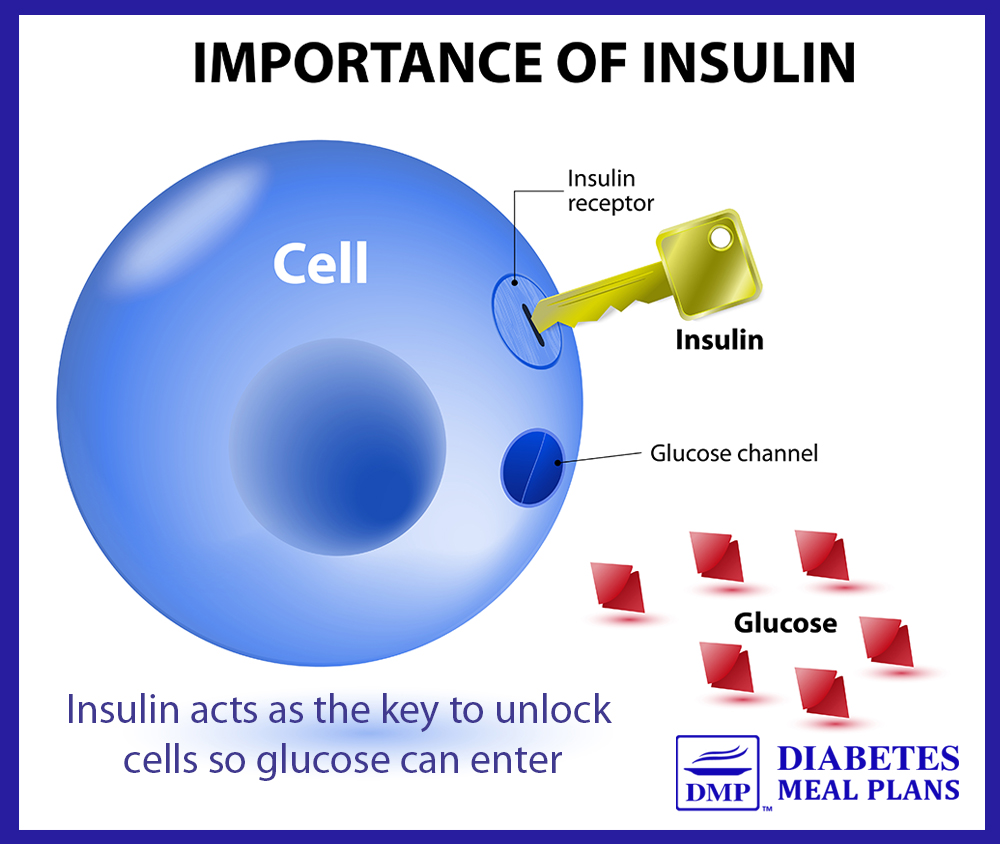Table of Contents[Hide][Show]
Prediabetes is a condition that, for most people, can be reversed with the right nutrition and lifestyle changes.
Research has shown that specific supplements can provide added support by enhancing insulin sensitivity, balancing blood sugar, and improving metabolic health.
Let’s look at three effective supplements—berberine, magnesium, and vitamin D—along with practical steps for using them as part of a well-rounded approach to reversing prediabetes.
1. Berberine: A Natural Powerhouse for Blood Sugar Control
What is Berberine?
Berberine is a compound derived from plants like Berberis aristata and Rhizoma Coptidis, used for centuries in traditional medicine.
It’s gained attention for its significant impact on blood sugar levels, showing effects similar to the commonly prescribed drug metformin.
Berberine works by activating AMP-activated protein kinase (AMPK) and helps increase the function of insulin receptors throughout the body, which helps regulate glucose levels.
How Berberine Helps Prediabetes
Studies have shown that berberine can improve insulin sensitivity, reduce fasting blood glucose, and decrease HbA1c levels, making it a valuable ally in changing your prediabetes health.
In a study involving participants with prediabetes fasting blood sugar levels decreased by 25.6 mg/dL (1.42 mmol/L), and A1c levels dropped by an average of 1%, in 12 weeks!
How to Use Berberine
For people with prediabetes, berberine supplements are often taken in doses of 500 mg, three times a day with meals to optimize blood sugar control and boost metabolism.
Start with a lower dose to see how your body responds, as berberine can sometimes cause digestive upset in larger doses.
Here’s a few of the best berberine supplements:
2. Magnesium: Essential for Insulin Sensitivity
Why Magnesium is Important
Magnesium is an essential mineral that supports over 600 biochemical reactions in the body, including the regulation of blood sugar.
Low magnesium levels are common in people with insulin resistance and prediabetes, and studies have shown a link between magnesium deficiency and increased risk of diabetes.
How Magnesium Helps Prediabetes
Magnesium is crucial for insulin sensitivity, which plays a major role in preventing blood sugar spikes.
In a highly robust clinical trial, participants took a magnesium supplement for 3 months and two things happened:
- Their magnesium levels significantly increased
- This reduced their insulin resistance, improving their insulin sensitivity and function
Why is targeting insulin so important?
Insulin is the hormone responsible for regulating blood sugar. It acts like a key that unlocks cells so glucose/sugar can move out of the bloodstream and into the cells.

In prediabetes, this key is starting to become faulty and has difficulty opening the cells. This is called insulin resistance.
Magnesium helps to target insulin functionality to get the key working properly!
How to Incorporate Magnesium
Adults with prediabetes are generally advised to take 250-350 mg of magnesium daily from supplements, but it’s often best to follow the recommendation on the product label.
Magnesium citrate and glycinate are the best options to reach the body cells efficiently (bioavailability).
Here’s a few of the best magnesium supplements:

3. Vitamin D: Balancing Insulin Sensitivity and Inflammation
Why Vitamin D Matters
Vitamin D deficiency is highly prevalent in people with prediabetes, meaning you may be deficient or insufficient and not even know it.
The “sunshine vitamin” is essential for immune function, bone health, and hormonal regulation.
Why would that matter to prediabetes?
Well, your blood sugar and metabolism are regulated by hormones!
And as we just spoke about above, insulin is the key hormone involved in blood sugar regulation. Vitamin D is involved in pancreatic function and insulin production, so it is very important to you.
In fact, research suggests that low vitamin D levels can impair insulin sensitivity and increase inflammation, both of which contribute to prediabetes/diabetes progression.
Vitamin D and Blood Sugar Regulation
Studies have found that people with vitamin D deficiency or insufficiency are more likely to develop type 2 diabetes.
In fact, increasing your vitamin D decreases your risk of getting type 2 diabetes by 20%!
In prediabetes, there is often a low grade inflammation in the body’s cells and this can disrupt insulin signaling. Studies have shown that vitamin D has properties that allow it to downgrade or ‘switch off’ key inflammatory molecules.
Additionally, vitamin D supplementation has been shown to lower A1c levels, lower fasting blood sugar levels and reduce insulin resistance. These are all fantastic benefits for you!
Practical Steps for Optimizing Vitamin D Levels
To determine your vitamin D status, consider asking your doctor for a vitamin D test.
If your levels are low, a common recommendation is 1000-2000 IU per day of vitamin D3, but doses can vary based on individual needs.
Regular sun exposure and including vitamin D-rich foods like fatty fish and egg yolks in your diet can also help maintain healthy levels.
Here’s a few of the best vitamin D supplements:
Conclusion
Prediabetes provides an opportunity to make meaningful changes before type 2 diabetes develops.
Supplements like berberine, magnesium, and vitamin D can enhance your efforts to reverse prediabetes by improving insulin sensitivity, supporting blood sugar regulation, and addressing deficiencies that may be holding back your progress.
When combined with the right nutrition and diet for prediabetes, along with regular exercise and ongoing blood sugar monitoring, these supplements can support a healthier, diabetes-free future.
Taking a proactive, well-rounded approach, including testing for deficiencies, gives you the best foundation for achieving normal blood sugar levels naturally.
By implementing these supplements into your prediabetes lifestyle routine, you’re not only supporting blood sugar balance but also making long-term changes for a healthier, more empowered life.










Ally Chutel
Thanks so much for this well needed information.It makes perfect sense and so elementary to follow.
Dr Jedha
Glad you found it helpful Ally!